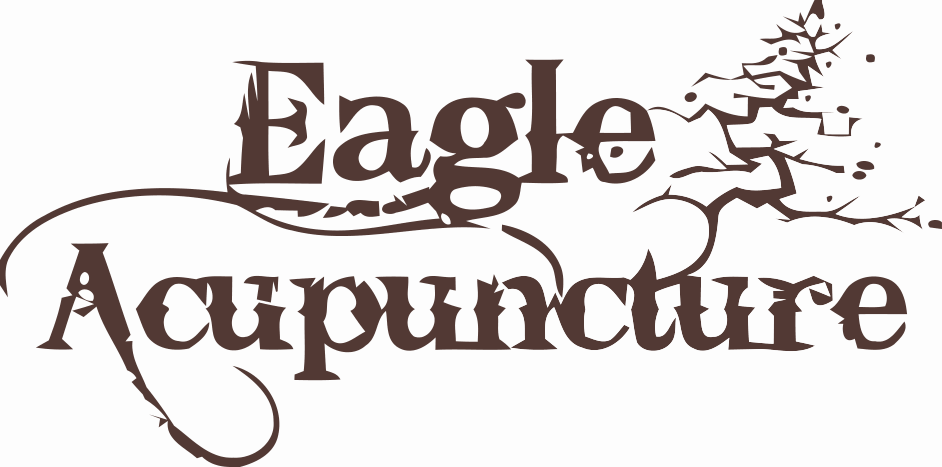Differences Between Acupuncture and Dry Needling
In today’s article, we’re going to cover some key differences between dry needling and acupuncture that you should know. There may have been some social media videos professing the wonders of this new practice called dry needling scrolling across your screen as you wait in line at the grocery store, but what exactly is it and is it something that you should be incorporating into your wellness routine? Learn about all of that and more in today’s article. We’d love to hear your thoughts and experiences with dry needling, so please sound off in the comments.
One local woman shared her painful and shocking dry needling experience with us recently. Not only was it incredibly uncomfortable, her doctor performed dry needling right through her jeans. Please beware. If any provider is needling right through your clothing we would strongly suggest you ask them to take the needles out and to leave their office and never to return. This is not considered clean needle technique in any way shape or form.
What Is “Dry Needling”? It Sounds Like Some New Intravenous Drug Craze!
Don’t worry, it’s not about hardcore drugs, but it is hard on your deep muscle tissue if not done correctly! Dry needling looks similar to acupuncture, at least from an outside observer, but in reality they couldn’t be more different. Yes, they both involve the practice of inserting specialized, filiform needles into a patient’s skin at targeted areas, but that’s about where the similarities end.
We caution you about receiving this type of treatment and urge you to avoid it altogether unless it is performed by an actual licensed, board certified acupuncturist at Eagle Acupuncture. This is because dry needling is typically done by a person with only 30 hours of training, no cadaver needle practice, and no practical clinical needling practice, no board exam, and no required continuing education.
Dry Needling Can Be More Painful Than Acupuncture
There are many people who use acupuncture sessions as a way to relax and set the body at ease, that just isn’t the case for dry needling. It can be therapeutic in nature, but it is not a relaxing or invigorating one. The process of dry needling sadly requires more advanced needle techniques due to it’s deeper penetration into muscles, and the objective often is to elicit a local twitch response (LTR) at either an acupuncture point (although they don’t know the location) or a myofascial trigger point. This is often very painful and alarming to patients as it is an involuntary spinal cord reflex where the muscle fibers, in a taut band of muscles, contract. This tends to be much more painful than acupuncture.
What Is The Difference In Training Needed For Acupuncture Vs Dry Needling?
Here’s where things really get wild. When you walk into an acupuncturist’s office (not an MD, ND, DC who practices acupuncture: they often only have 100-300 hours in training), you should know that they have been required to have at least 4,000 hours of practice and experience. That translates into 5 years in Chinese Medical School, twelve hours a day, six days a week, whereas a dry needling practitioner is only required to have a minimum of 30 hours of training. Would you trust your body to any random person who just started their craft a week ago and studied for one weekend, never practiced needling for years before being allowed to touch a patient? We wouldn’t either! And we definitely can’t in good conscience recommend that you do so either. Oh, and a licensed acupuncturist is also required to pass a strenuous board exam while, you guessed it, a dry needle specialist is not. In California, where Kristen and Tony Burris, L.Ac., M.S.T.O.M., Dip. Acu. took their TCM medical board exam , the people taking that board exam had a 50% failure rate. Thankfully, Kristen and Tony passed on their first attempt. Some people, after 5 years of study, graduating from TCM Chinese medical school, never pass their boards so they are not eligible to practice. It's a serious license to acquire. Getting the picture?
At the end of Kristen Burris’ doctorate, in 2024, she will have nearly 5,500 hours of training. That is 6 and a half years of post graduate work. You just cannot be proficient in needling in 30, 50, or even 100 hours of training. This added pain during the dry needling process can absolutely increase your stress levels instead of reducing them. If any provider suggests to you that you need dry needling, we suggest you say, thank you but not today. Then call us for a truly, educated and healing experience.
For The Road
We hope you enjoyed learning about the differences between acupuncture and dry needling practices. If you would like to know more about this or any of our excellent services, we are happy to help. Just contact us and we can go over your options and help you find the best path for your health and fertility goals. Don't live near us? No problem. We offer telemedicine with our mastery in complex conditions treated with herbal medicine, supplements and lifestyle changes. If you have any questions or would like to schedule a consultation, please reach out to us HERE.
